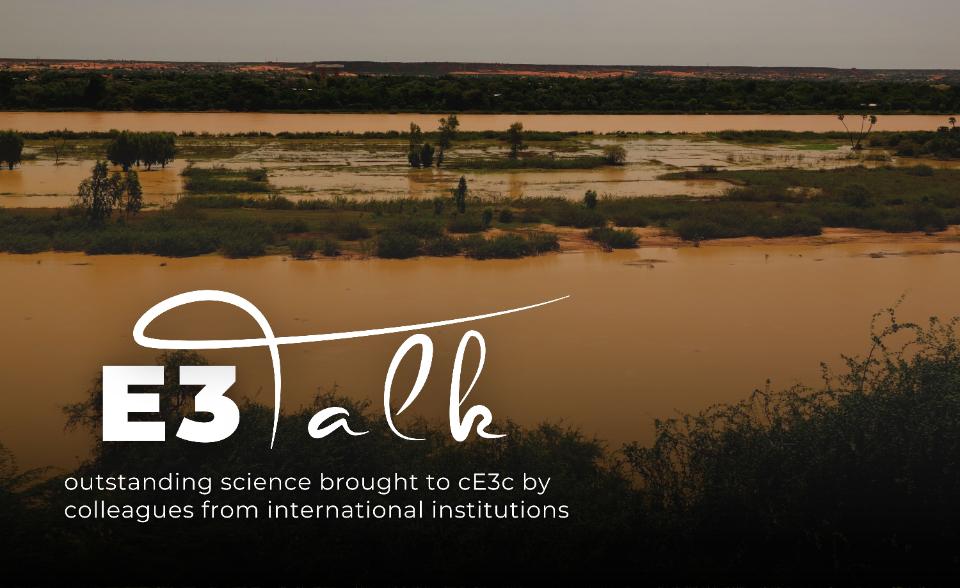-
Date:
03 May 2024
-
Location:
Room 2.2.15 - Faculty of Sciences of the University of Lisbon
-
Schedule:
11h30 (Lisbon time)
-
Lecturer or Responsible:
Chioma B. Chikere

In person only
Anthropogenic disturbances such as crude oil pollution result in colossal damage to the soil ecosystem thereby hampering useful ecological processes and derivable benefits in this environmental medium.
The terrain of the Niger Delta Region Nigeria is such that the deleterious effects of decades of oil pollution have caused serious public health and environmental problems. Huge expanse of arable lands that have been rendered barren with lost ecosystem services are very unpleasant sights to behold in this region. As such, food security and sources of livelihood of the peasant inhabitants of this rich agrarian haven have been greatly affected.
Globally, soil health is a topical issue owing to the fact that plant growth and food production depend mainly on the edaphic environment for sustainability and as such soil is a living resource, home to more than 25% of the Earth’s biodiversity according to FAO (2020). Bioremediation which relies on microbial versatility in substrate utilization is an eco-friendly, cost-effective and acceptable treatment option very suitable for the tropical soils with abundance of rainfall and rich microbial diversity for the removal of petroleum contaminants through the biochemical activities of indigenous hydrocarbon degraders. Usually large inputs of petroleum hydrocarbons into the soil results in essential nutrient depletion especially the biogenic ones like nitrogen, oxygen and phosphorus critical to sustenance of soil biodiversity. Addition of chemical fertilizers to stimulate microbial growth in polluted environmental media usually leaves undesirable outcomes such as chemical overdose.
But in recent times with the UN global drivers and advocacies for ecosystem restoration through the use of natural resources and processes to halt, reduce and reverse the negative impacts of human activities on the environment as enshrined in the UN SDGs, it has become pertinent that nature-based solutions (NbS) be used in mitigating the impacts of oil-pollution on the soil ecosystem.
Thus, the research outputs presented showcase bioremediation projects at the pilot and field-scale levels using NbS such as valorized plant biomass, poultry litter and virgin top soil to stimulate microbial degradation of crude oil hydrocarbons in impacted soil ecosystem with full biodiversity and ecosystem restoration post-remediation. Microbial analyses were done with molecular biology techniques such as Sanger and 16S amplicon sequencing techniques to elucidate the microbial community composition and structure following treatment while physicochemical parameters linked with both biotic and abiotic factors underpinning contaminant dissipation were determined using standard analytical methods.
In all, biodiversity recovery was evident by robust revegetation, rewilding, enhanced microbial diversity and improved soil health contributing to environmental sustainability.

